detail profile peter pears
Peran Yang Di Mainkan Peter Pears
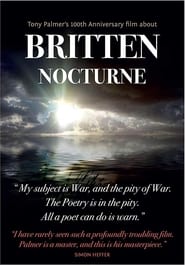 Tony Palmer directs this documentary exploring...
Tony Palmer directs this documentary exploring...Britten: Nocturne 2013
Tony Palmer directs this documentary exploring the life and work of the celebrated English composer, conductor and pianist. Britten is particularly well known for his operas, which include 'Peter Grimes' and 'Death in Venice'. Palmer discusses the life experiences that influenced Britten's work, such as the turmoil of World War II, which horrified his pacifistic nature, and reflects on the role of an artist in such troubled times.
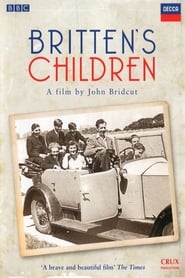 Children and childhood fascinated Benjamin Britten...
Children and childhood fascinated Benjamin Britten...Britten's Children 2004
Children and childhood fascinated Benjamin Britten throughout his life and inspired some of his greatest music. John Bridcut's compelling film sheds light on the composer's own inner child throiugh interviews with several of Britten's former companions and muses.
 A portrait of one of Englands...
A portrait of one of Englands...Benjamin Britten: A Time There Was… 1979
A portrait of one of England's greatest composers. Winner of the Prix Italia.
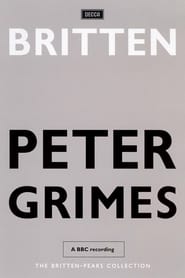 This 1969 BBC production is about as...
This 1969 BBC production is about as...Peter Grimes 1969
This 1969 BBC production is about as close as we can get to a definitive version of Benjamin Britten's PETER GRIMES, one of the greatest 20th Century operas. The story of the individualistic fisherman hounded by his neighbors who believe he murdered his young apprentice packs tremendous emotional power. The compelling narrative is richly enhanced by its subtexts: the lone outsider versus the conformist mob; the dreamer of improbable dreams that lead to tragedy; the artist (dreamer) versus the Philistines, and the homosexual overtones of Grimes' abuse of his child apprentices. Britten is conductor of his work and tenor Peter Pears is Grimes, 25 years after he created the title role at the opera's premiere. As the widow Ellen Orford, soprano Heather Harper is magnificent. Best of all, the sea is an ever-present actor here. When we don't see it in the background it exerts its presence in the abundant visual references to nets, barrels, and other paraphernalia of a seaside fishing village.
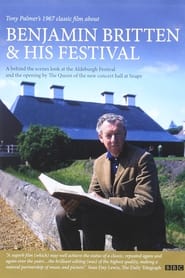 A behindthescenes look at the Aldeburgh...
A behindthescenes look at the Aldeburgh...Benjamin Britten and His Festival 1967
A behind-the-scenes look at the Aldeburgh Festival and the opening by The Queen of the new concert hall at Snape.
 Tony Palmers documentary about the staging...
Tony Palmers documentary about the staging...The Burning Fiery Furnace 1967
Tony Palmer's documentary about the staging of Britten's choral work.
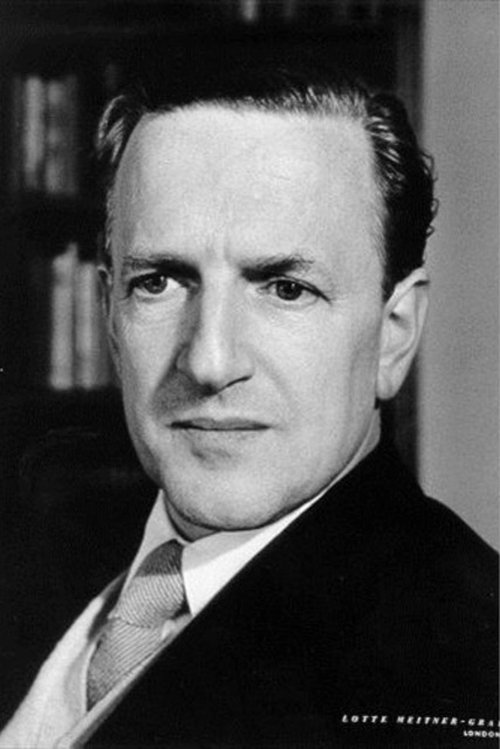
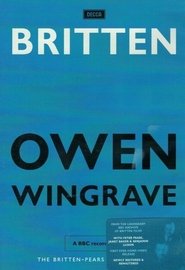 A family conflict ensues after Owen...
A family conflict ensues after Owen...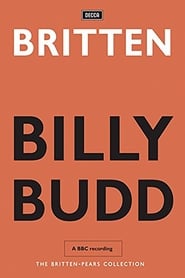 A version of Benjamin Brittens opera...
A version of Benjamin Brittens opera...